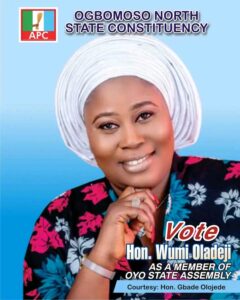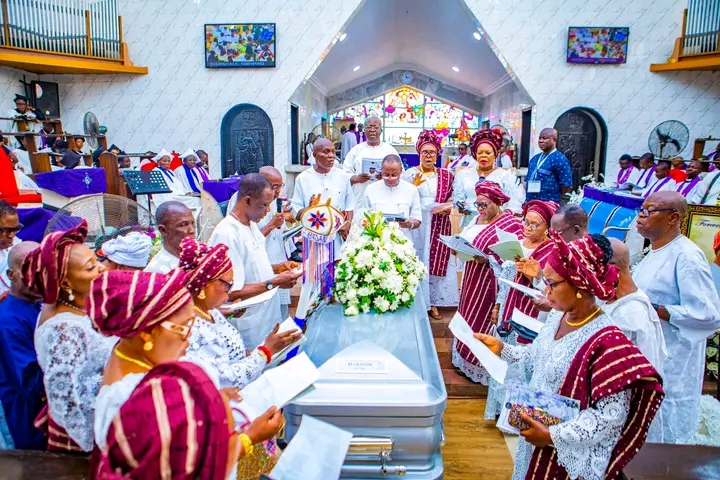Nigeria’s New National Language Policy: How Feasible?
In November 2022, Nigeria’s Minister of Education, Dr. Adamu Adamu, announced that the Federal Executive Council has approved the new National Language Policy, which stipulates that henceforth various mother tongues must be medium of instruction from primary one to six. “The policy,” according to the Minister “takes immediate effect.” Admitting the new policy will be difficult to implement in view of the various challenges that will face it he justified its imperativeness on the ground of promoting the cultivation and use of Nigerian languages. He disclosed that Nigerian languages were gradually going into extinction; lamenting 29 are already extinct leaving the country with 625 languages. Truly, this portends danger to the survival of our heritage and so, every effort and strategy must genuinely be made to halt the slide and revamp the situation. But how well-thought out is this new policy? What amount of faithfulness will the government commit to the implementation? We have seen many policies in Nigeria, attractively packaged, but which crumbled at the altar of lack of political will towards implementation. The 6-3-3-4 system of education introduced in the 1980s came with enticing promises but it has had little impact on our education system and the desired and envisaged results are never truly and fully realized. Requisite technical skills and other highlighted benefits of the policy never devolved. Many decades on, Nigeria’s education is still comatose. Not for existential effectual policies but implementation. The new national language policy it is hoped is not mere rhetoric that will suffer the same fate as its predecessors against the backdrop of ineffectual execution.
Advertisement

After over a century of using English as official language and thus medium of instruction in schools from primary school to higher institutions, this expected sudden switch will unfold with challenges. Many students in primary and secondary schools were severely reprimanded, suffered and still are subjected to corporal punishment for daring to speak in their mother tongue derogatively dubbed “vernacular” instead of English in schools, “Don’t speak vernacular” is a common poster conspicuously displayed in schools. Merriam Webster Dictionary describes vernacular as “used in or suitable for speech and not formal writing.” Its synonyms as listed by the dictionary include among others “colloquial, informal, nonformal, nonliterary, unbookish, vulgar” etc. Teachers in primary schools today disseminate instructions in English with some interspersing it with local languages for easier comprehension by pupils. Having a good mastery of English from little age has become a symbol of high status in many homes especially in urban areas where many parents even forbid their children from communicating in their mother tongues. The practice is so much ingrained that it will take a lot of efforts to get the orientation changed. That is where political will must come into play. The policy has been promulgated and its operation “takes immediate effect” but how does the government plan to roll it out? One would have expected the Ministry of Education to have produced textbooks used by pupils in primary schools in local languages. In how many languages will each of these be translated into and reprinted. As an instance, subjects like quantitative reasoning, verbal reasoning, computer studies, science, mathematics and so on, how will they be handled? Have textbooks for them been translated and reproduced in local languages numbering over 600 according to the Minister of Education? One would have expected such logistics to have been taken care of before reeling out the policy. Then, how will it handle continuous movements of pupils? A pupil who started primary school in Sokoto state and his parents perhaps a military officer now being reposted to Ebonyi state, or a civil servant, and he has to go with his children, how will such pupil adapt and cope with the inevitable change in language of instruction?
Advertisement

This idea was first put forward as a national policy in the 1970s but suffered stillbirth because of implementation against the background of linguistic diversity in the country. In a place like Lagos and other states with people of different ethnic groups in large numbers will there be schools built to absorb pupils who speak similar languages? If that problem is solved how available are teachers to teach the subjects in the different languages? Language barrier will also arise in a situation where teachers who passed out of universities or colleges of education and received instructions in English but are now expected to teach in their mother tongues. How about pupils who speak more of English at home but constrained to learn in his mother tongue? He will definitely face conflict of language. Rolling out the policy is certainly fraught with difficulties and we are explicit government has not considered the nitty-gritty involved in actualizing the policy. Dr Adamu Adamu saying at the time of the unveiling that it would “require a lot of work to develop materials to teach and get the teachers who have the skills in local languages,” only confirm what we postulated that government never did its homework in the required form before rolling out the policy. The key is planning which evidences available however did not show it occurred; it thus amounts to jettisoning the critical stage to jumping to unveiling it.
The design embodies humongous advantages but we will not be astonished if no headway is made of it. The logistic is flawed making the gleeful proclamation by the Homourable Minister another bombast that gushed out of an ill-equipped government.


